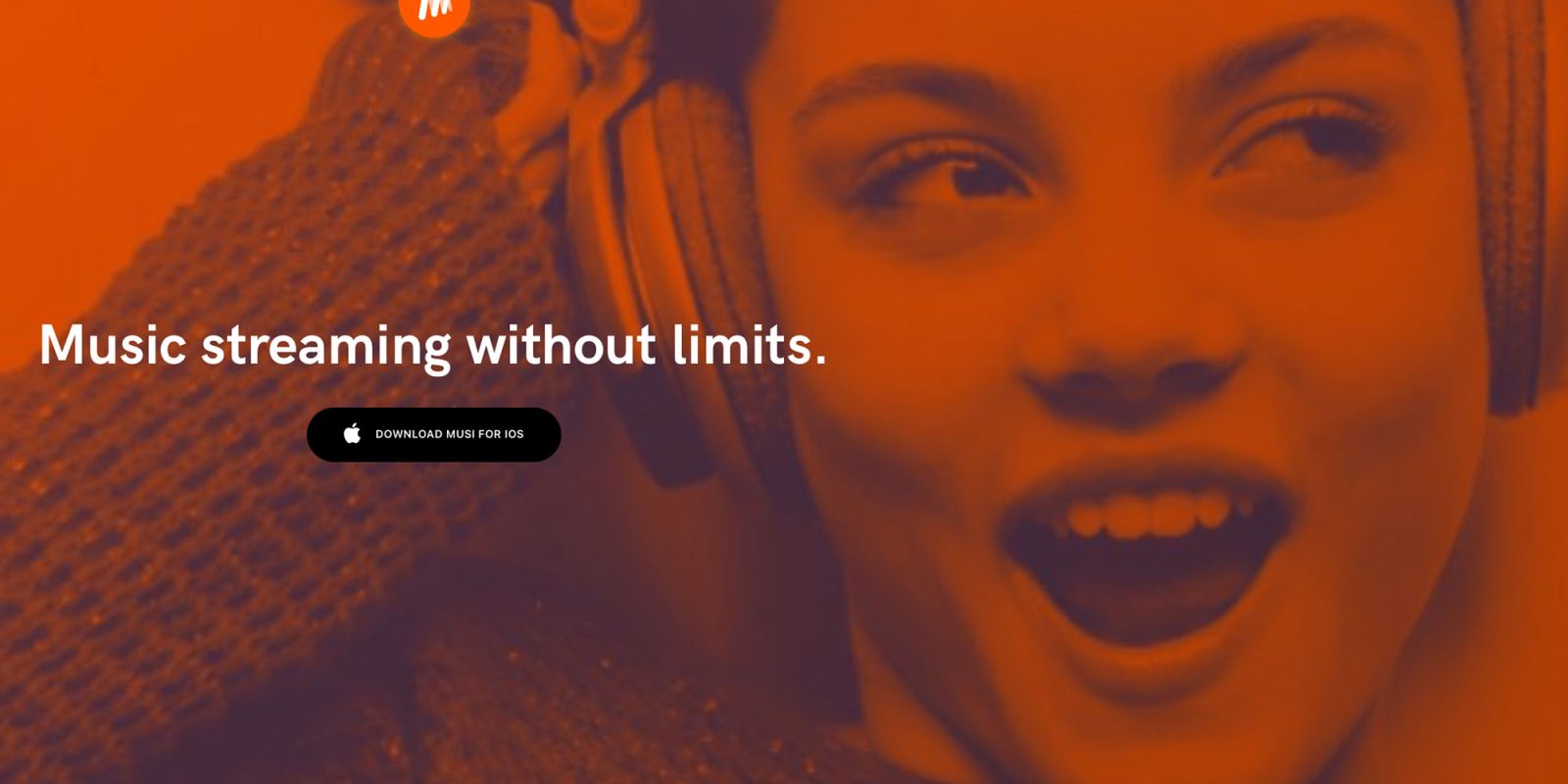
Musi is a free music app for iPhone which has been downloaded tens of millions of times – but a new piece says that the legality of the app is in question.
Musi launched back in 2016, and proved a hit with teens in particular, as it provides free streaming music without the audio ad interruptions you get on the free tier of Spotify …
Musi is bigger than Pandora, Deezer, or Amazon Music, with Sensor Tower estimating that it’s hit more than 66 million downloads. Ad analytics company Pixalete estimates that it was the top-grossing iOS app in North America back in February. Yet Wired says it isn’t clear whether the app is legal.
How does the Musi free music app work?
Musi is essentially a way to stream music from YouTube. You have to sit through video ads when you open the app, but after that you can listen to uninterrupted music without any audio ads – making it a better experience than the free Spotify tier.
There are visual banner ads, but these don’t intrude if you’re simply using it as an audio experience, and you can remove them for a one-time fee of $5.99.
The app makes no secret about where its music comes from, but it’s unclear whether or not it uses the official YouTube API.
Is Musi legal? Experts disagree
Experts are divided when it comes to whether or not the app is legal. Copyright lawyer and music professor David Herlihy says that it is.
The app has skated by thus far because it’s not technically breaking any laws. “It’s legal,” he says. “They’re linking to YouTube, and YouTube has licenses.”
A Dragon’s Den judge who planned to invest in it is less convinced.
Though it had judges clamoring to partner up on Dragons’ Den, Lunny and Wojnowski didn’t close a deal. After a due diligence check, the “dragon” of their choice declined to invest. “I was advised that when companies such as Musi get to a critical size, they could be sued for past use by the publishers,” Dragons’ Den judge Joe Mimran told the Financial Post in 2016.
Cornell University digital law professor James Grimmelmann says the legal position is unclear. YouTube has a license for the music, and it’s streaming from there, but is this usage covered?
“Is this copyright infringement? A license for YouTube might not be a license to Musi,” he says. “Does this violate YouTube’s terms of service in a way that YouTube could cut it off?” As of now, the answers are unclear.
YouTube declined to comment.
If the app is ultimate found to be breaking copyright law, or breaching YouTube’s usage terms, lawyers may find themselves playing whack-a-mole.
“If you look at the iOS app landscape, there are a lot of apps like this—Musi is just the top one,” says Dave Macli, the founder of music streaming service Audiomack. If Musi were to shut down, a bevy of replacements would likely sprout up.
Image: Musi
FTC: We use income earning auto affiliate links. More.




![[CITYPNG.COM]White Google Play PlayStore Logo – 1500×1500](https://startupnews.fyi/wp-content/uploads/2025/08/CITYPNG.COMWhite-Google-Play-PlayStore-Logo-1500x1500-1-630x630.png)